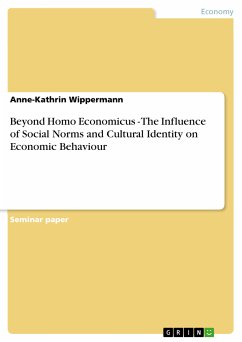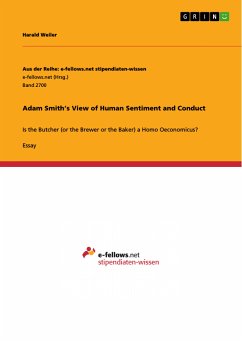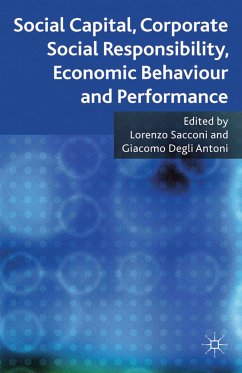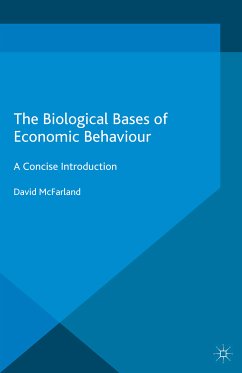Seminar paper from the year 2006 in the subject Economics - Macro-economics, general, grade: 1,3, University of Göttingen (Experimentelle Wirtschaftsforschung), language: English, abstract: Ever since philosophers set up their first models to predict human behaviour, it was apparent that their findings had to be handled with care and that experimental evidence was needed to corroborate their theories. In their models, general assumptions such as perfect knowledge or perfect homogeneity make it obvious that these models could not simply be taken as projections of real markets. The question, however, is, to what extend these theories have their legitimation anyway. Even though assumptions made by economists when setting up market models may be false, many predictions derived from these models are not. We therefore need to find out what determines the market outcome. However, in order to understand how markets work, we first have to understand how human beings work. Experimental economics can be a valuable instrument for that, because, as Alvin E. Roth put it, experimental economics can “bridge the gap between the study of ideally rational behavior and the study of actual behavior” (Roth, 1991, p. 107).









